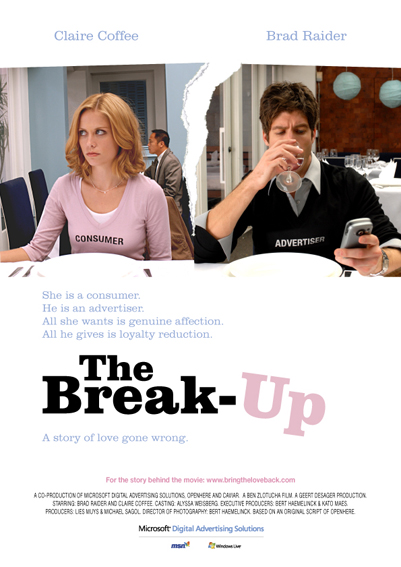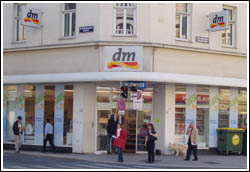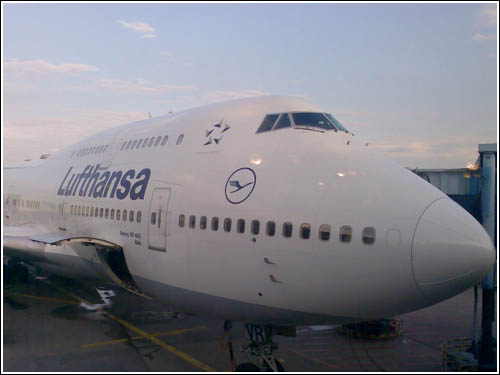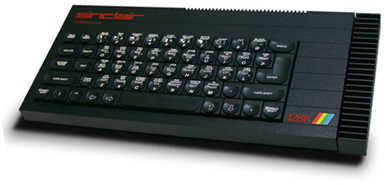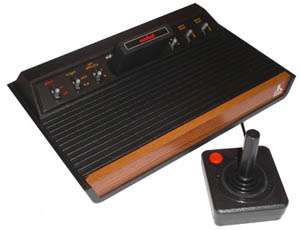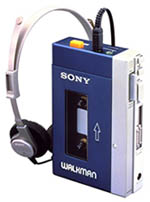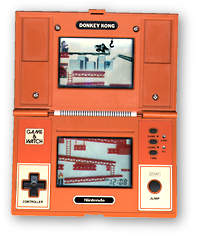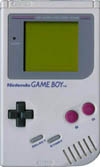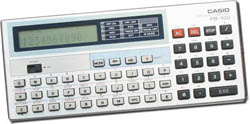The .CM Scam
 Business 2.0 magazine has been digging into the .CM domain name scam. A domain name broker managed to convince the government of Cameroon, which controls .cm, to do a deal where any mis-typed domain name, like Google.cm (instead of google.com), takes the visitor to an advertising-filled landing page (the ads are served by Yahoo).
Business 2.0 magazine has been digging into the .CM domain name scam. A domain name broker managed to convince the government of Cameroon, which controls .cm, to do a deal where any mis-typed domain name, like Google.cm (instead of google.com), takes the visitor to an advertising-filled landing page (the ads are served by Yahoo).
Business 2.0 Magazine is running a front page story on Kevin Ham, considered as one of the most powerful “domainerâ€, and how he has managed to build a $300 million empire using everything from domain tasting to typo-squatting the entire nation of Cameroon.
 The .CM pages are served based on a wildcard. If the domain has not been registered, the user is redirected to agoga.com. Since the redirects are taking place via a wildcard, and domains are not actually being registered, there is little trademark holders can do to fight this (other than register the domain themselves).
The .CM pages are served based on a wildcard. If the domain has not been registered, the user is redirected to agoga.com. Since the redirects are taking place via a wildcard, and domains are not actually being registered, there is little trademark holders can do to fight this (other than register the domain themselves).
The difference is that hardly any .cm names are registered, and the letters are just one keyboard slip away from .com, the mother lode of all domains. Ham landed connections to the Cameroon government and flew in his people to reroute the traffic. And if he gets his way, Colombia (.co), Oman (.om), Niger (.ne), and Ethiopia (.et) will be his as well.
Ham is a devout Christian, and he spends $31,000 to add Christianrock.com to his collection, which already includes God.com and Satan.com.
The son of Korean-born immigrants, Ham grew up on the east side of Vancouver with his three brothers. His father ran dry-cleaning stores; his mother worked graveyard shifts as a nurse. A debilitating illness at the age of 14 led Ham to dream of becoming a doctor. He cruised through high school and then undergraduate work and medical school at the University of British Columbia.
But Ham is taking a longer view. The Web, he says, is becoming cluttered with parked pages. The model is amazingly efficient — lots of money for little work –but Ham argues that Internet users will soon grow weary of it all.
Other players mentioned in the article include Yun Ye who was among the first to write code to automate domain purchases and eventually selling his massive domain portfolio for $164 million.


